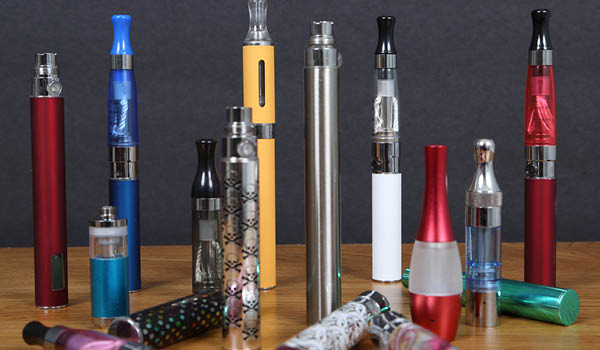With some US convenience industry analysts predicting the sale of e-cigarettes will soon surpass traditional cigarette sales, the Australasian Association of Convenience Stores (AACS) has called on the Government to take action and make e-cigarettes more readily available for responsible sale – so that those looking to quit smoking have this option.
According to research by Wells Fargo, US retail sales of electronic smoking devices could top the $3.5 billion mark by year’s end—and $10 billion by 2018—due to ongoing interest by both manufacturers and consumers.
It’s a trend that could be replicated here, said AACS CEO Jeff Rogut, with Government support.
“The US market shows that there is great potential for e-cigarettes to be an effective tool to assist people seeking to reduce smoking or looking for alternatives. It stands to reason that adult customers should at least have this option more easily available to them,” Mr Rogut said.
“From an industry perspective, this is a product category suited to the convenience store model and with significant potential to drive revenue growth. It’s time for action so that we can establish a regulatory environment that governs the responsible sale of these products.
“If there is a chance that a proportion of smokers looking to kick the habit will benefit from these products, we owe it to them to provide this option. Government policy makers and medical specialists around the world seem to be uncertain about the benefits and legal status of e-cigarettes. But for many smokers the answer is simple: e-cigarettes provide a safer, and better alternative to smoking.”
While the ‘official’ safety and effectiveness of e-cigarettes has not yet been determined – smokers the world over are jumping on board and switching to ‘vaping’, convinced that any side effects are minimal compared to the well-known and significant health impacts of smoking tobacco – with its 4,000+ toxic and numerous carcinogenic substances.
It is anticipated that the Department of Health will release a report on policy options for the manufacture and sale of e-cigarettes soon.
Mr Rogut urged the Government to recognise the potential health benefits and avoid subjecting e-cigarettes to the same treatment as other restricted product categories like tobacco and pharmacy products.
“It would be a wasted opportunity if e-cigarettes become viewed as just another source of tax revenue. The approach ultimately adopted must recognise that e-cigarettes are a potential solution to reduce the incidence of smoking,” he said.
“If they are to be too heavily taxed then consumers who could possibly benefit will be discouraged from investigating this solution. There is also a small but growing black market for e-cigarettes to consider.”
Mr Rogut urged the Government to ensure e-cigarette products meet strict safety and quality standards and that manufacturers have the right to inform consumers about their products, in terms of them containing nicotine but being safer than inhaling tobacco smoke.
Ensuring e-cigarettes are child-tamper proof and ensuring ingredients are clearly marked are examples of necessary minimum safety requirements, he said.

